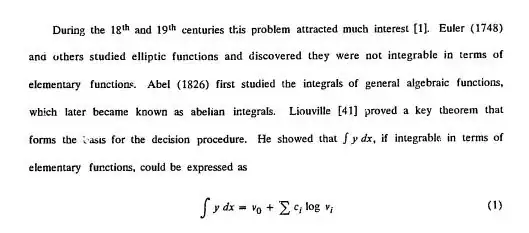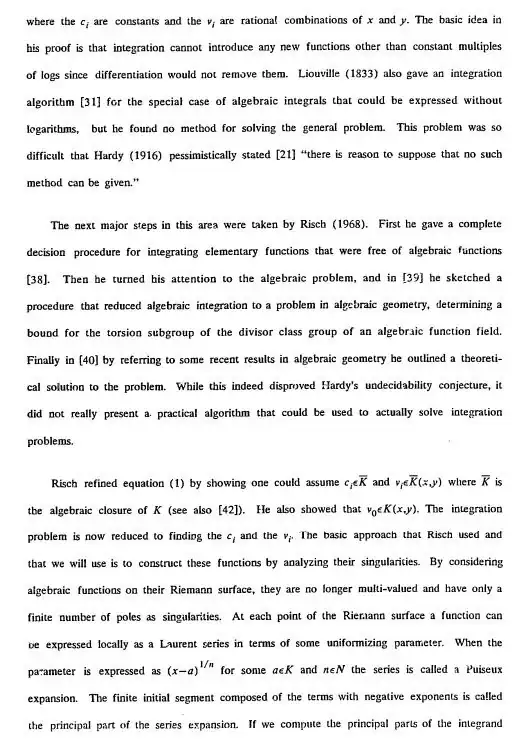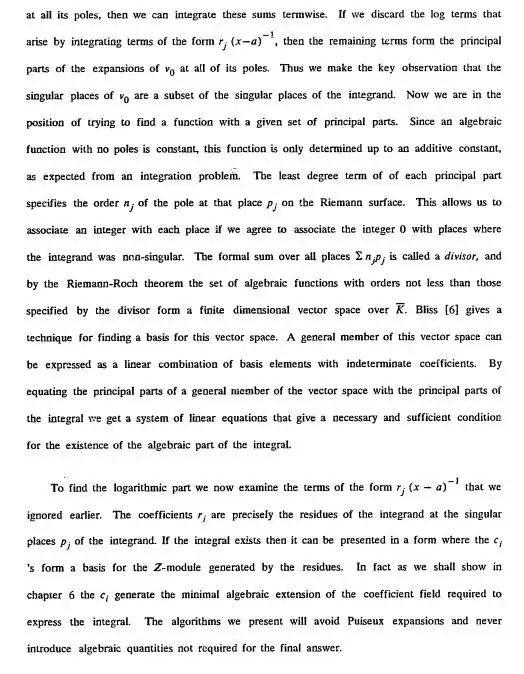One learns evaluating indefinite integrals of the form $$ \int \frac{f(x)}{p(x)\sqrt{q(x)}} \ dx $$ where $p(x)$ and $q(x)$ are linear polynomials.
How to evaluate these integrals if $p(x)$ and $q(x)$ are quadratic or cubic in nature. Is there any method for evaluating them.
Examples of such integrals are: $\displaystyle \int \frac{1}{(x^{2}+a^{2})\sqrt{x^{2}+b^{2}}} \ \mathrm dx$ or $\displaystyle \int\frac{1}{(x^{3}+a^{3})\sqrt{x^{3}+b^{3}}} \ \mathrm dx$


